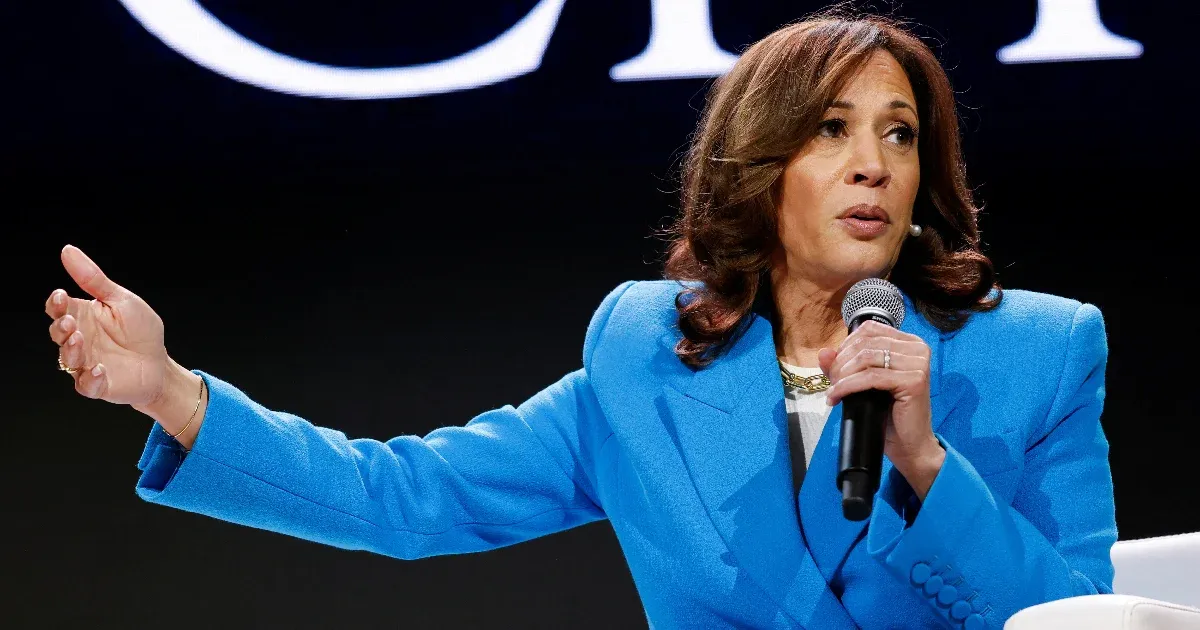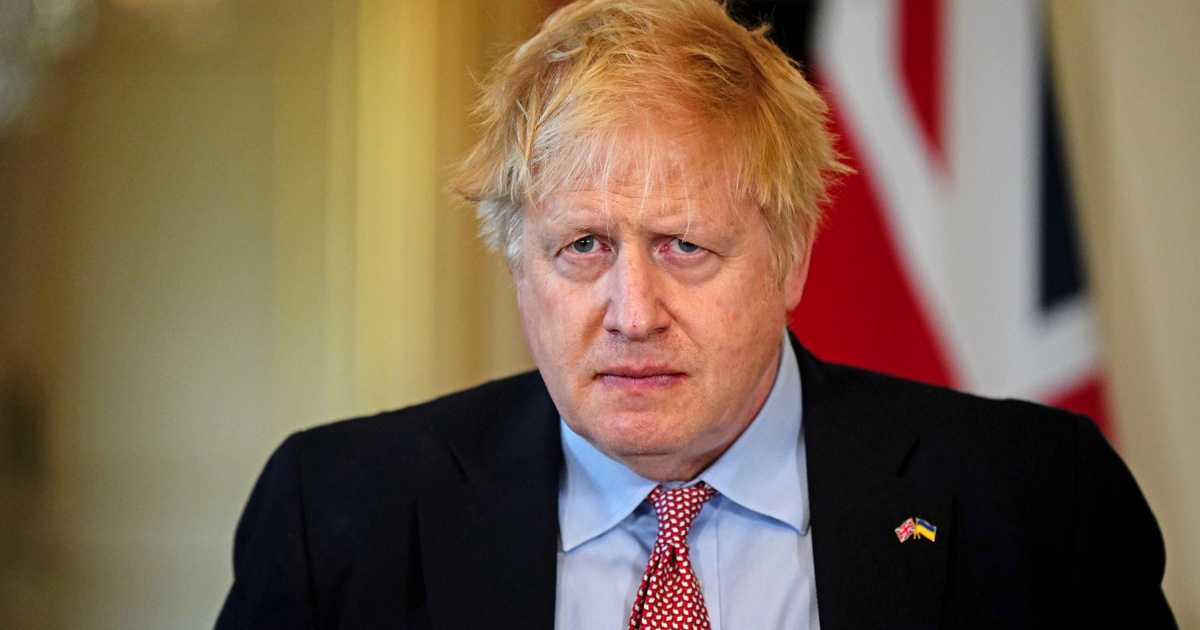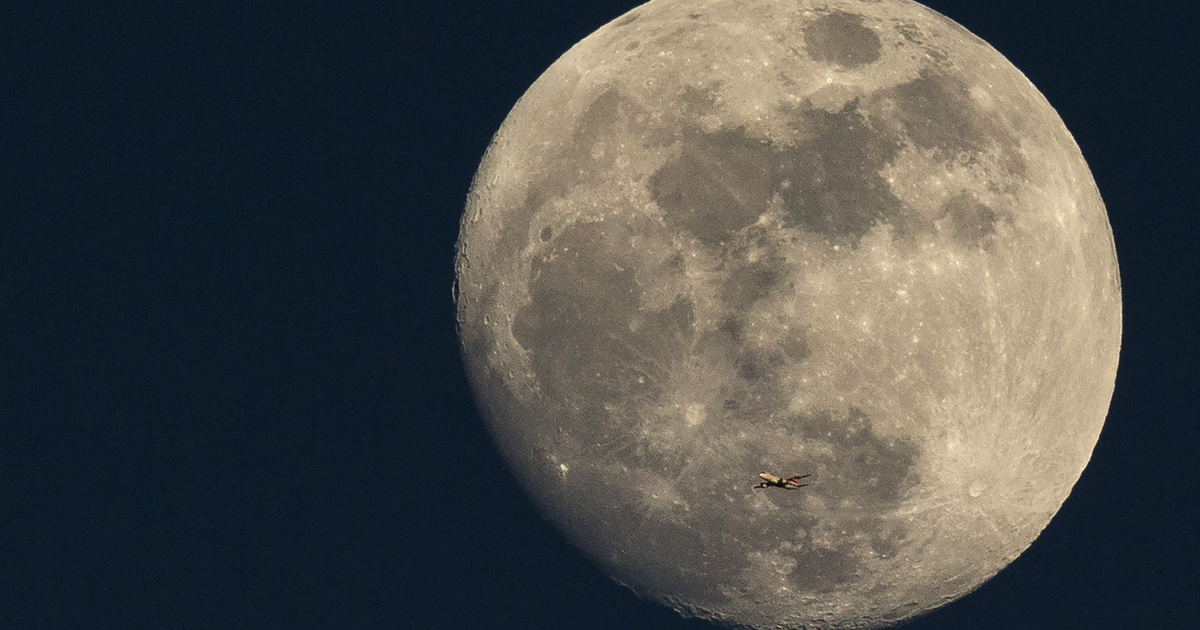Due to demographic changes, Brexit and political unrest in Northern Ireland, among others, it has again been suggested that Northern Ireland and Ireland could be reunited, and sooner than expected.
The IEA's findings regarding merger costs take into account the current level of funding provided by the UK Government to Northern Ireland. This also includes that part of the UK's public debt which is supposed to remain burdened after the reunification of the two parts of the country. This also includes the exceptionally low productivity of the island nation's economy compared to the Republic of Ireland.
Northern Ireland's public services rely heavily on around €11 billion in subsidies from the UK, which would have to be replaced with funding from Dublin in the event of a merger.
According to the institute, the relevant expenditure would be equivalent to 10% of Ireland's gross national income, of which 40% is currently spent on public services. He writes euronews.
According to the researchers, this is a huge sum, as Irish government spending currently represents nearly 40 percent of gross national income. In this way public expenditure in Ireland would rise by a quarter, while revenues would increase to a very limited extent.
In order to deal with the resulting deficit, which may persist for years after the merger even under the most favorable conditions, significant spending cuts or even significant tax increases may be necessary, the authors write.
The study recommends that Northern Ireland embark on major reforms to improve the standard of living of its population, as the country remains relatively poor and relies heavily on public sector spending.
Although Dublin and London have reached a number of agreements on key trade issues after Brexit, unionist parties have at times blocked efforts to secure Anglo-Irish land trade.
After the last election, the Democratic Unionist Party, the dominant pro-British party in Northern Ireland, refused to participate in the regional government for several months, bringing the Belfast government to a standstill.










































